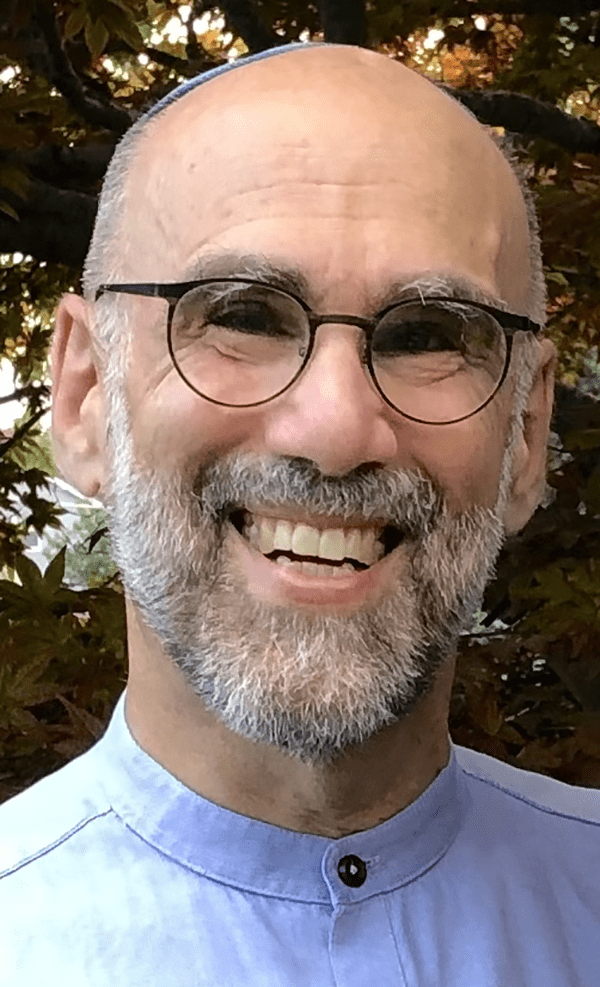Parshat Lech-Lecha 5785
We make assumptions about others based on what we see: what they wear, what they drive, their work, past-times… And we project upon the other who passes our superficial entrance exam what we want them to be — i.e., more like us!
Breath (Yizkor KN5785)
My recent posts...
Can You Hear Me (KN 5785)
My recent posts...
Yom Kippur Singing
My recent posts...Over the decades, I have composed melodies for some of the texts we use in our prayer services. (I've written English interpretations of the texts for a few of them.) Some of them are posted here so we can sing them together at Shirat Hayam and, even...
Endings
Most of us never hear the end of the Torah: the last two chapters of Devarim / Deuteronomy are read only on Simchat Torah morning. I’ve been in shul every Simchat Torah morning for as long as I can remember. Yet I was surprised this year by the three endings of Devarim. Yes, three endings. (Amazing what you find when you pay attention!)
Devarim winds down with Moshe / Moses conferring a “blessing” upon the tribes of Israel, an enigmatic blessing that ranges from statements of character to declarations of the future to chastisement.
Then, the book ends.
- (34:5-8a) Moshe / Moses, Israel’s greatest leader, dies and is buried by God on Har Nevo / Mt. Nebo. The entire people Israel mourn for 30 days.
- (34:8b-9) Yehoshua / Joshua assumes the mantle of leadership, and all Israel follow God’s laws.
- (34:10-12) Moshe is lionized as unique among the prophets of Israel for speaking with God face to face and effecting God’s might and wonders in defeating Egypt, as witnessed by all Israel.
The haftara for Simchat Torah is the first chapter of Yehoshua, the next book of our Tanach / Hebrew Bible. The book of Yehoshua describes the Israelite conquest of the Promised Land.
The transition from the first ending of Devarim to Yehoshua is smooth enough: Moshe dies, Israel mourns, Yehoshua takes them across the Yarden / Jordan River and the journey continues.
Why, then, another ending that reiterates Yehoshua’s bona fides as leader and adds that all Israel followed the rules? Perhaps to emphasize that Yehoshua be unchallenged; an orderly succession was vital to the enterprise of the Israelite people.
And final ending?
The coda about God’s power and miracles cements Moshe’s place in Israelite history. It also releases Torah from the confines of history (later readers know about destruction and exile) and makes it timeless myth, sacred saga. The final ending also says, “If you’re impressed by the wonders and miracles our God did for us against the Egyptians, listen to this: Bereisheet / way before the exodus, God created the world!”
Thus, we begin again.


